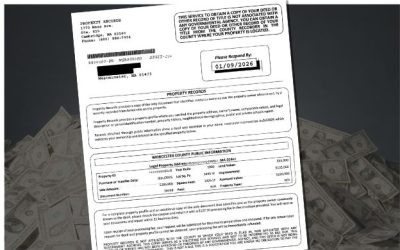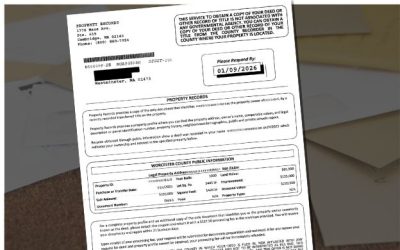Buyers Beware:
How New Federal Monitoring Rules Affect Your Mortgage, Deposits, and Closing DocsIf you’re planning to buy a home in the next year, you need to see the bigger picture. It’s not just about finding the right property and securing a mortgage anymore. Regulatory forces are tightening—and your transaction may face unexpected documentation, delays or compliance reviews.
What’s changing for buyers
The Financial Crimes Enforcement Network (FinCEN) has expanded its oversight of residential real-estate transfers and is zeroing in on non-financed sales to legal entities and trusts.
While the final rule is postponed until March 1, 2026, transactions this winter and spring often already incorporate pre-compliance checks—and the existing Geographic Targeting Orders (GTOs) remain active across many states.
That means every buyer should prepare—not just sellers.
What buyers should watch
- Are you buying via an entity (LLC, corporation, trust) rather than as an individual? If yes: higher risk of reporting and additional scrutiny.
- Are you making large deposits, paying all-cash or avoiding a traditional bank mortgage? The “non-financed” transfers are central to the rule.
- Your closing attorney/title company may ask for beneficial-ownership info (names, DOBs, addresses) of all owners with 25%+ interest or “substantial control.”
- Even if you’re financing with a mortgage, if your lender is non-bank or the financing is non-traditional you may still fall under “non-financed” domain.
Practical steps for buyers
- Before you make an offer: ask your agent if the transaction involves an entity, trust, or all-cash deal that might trigger the new rule.
- If you are using an entity or trust: gather beneficial-ownership data early (names, addresses, tax IDs, control interests) so your closing pro isn’t scrambling.
- If you’re using cash or private lending: understand the financing source may cause different closing workflow and timing.
- Coordinate closely with your title/escrow/closing attorney: they may become the “reporting person” responsible for FinCEN compliance.
- Allow extra time. Because transactions triggering the rule may require additional documentation or review, buyers should budget for possible delay—and possibly higher closing costs or escrow hold-backs.
Bottom line for buyers
If you’re buying in the next 6–12 months, don’t assume the past closing checklist covers you. Ask bigger questions, gather more data, and pick closing professionals who are up to speed on the rule. Being proactive now gives you control over timing and cost—and avoids being reactive when the rule lands.
Looking Ahead
Staying Ready in an Uncertain Market
Whether you’re buying, selling, or refinancing, an experienced attorney helps safeguard your transaction. From rate-lock coordination to closing documentation, The Law Office of David R. Rocheford, Jr., P.C. ensures your real estate deal stays on track — no matter what direction the market moves next.
SOURCES
- Fact sheet from FinCEN on the rule overview. https://www.fincen.gov/system/files/shared/RREFactSheet.pdf?utm_source=chatgpt.com
- Delay of effective date until March 1, 2026. https://www.hklaw.com/en/insights/publications/2025/10/fincen-delays-residential-real-estate-transfer-reporting-rule?utm_source=chatgpt.com
- Title/closing professional obligations. https://www.buchalter.com/insights/new-fincen-rule-on-transparency-reporting-in-residential-real-estate-closings/?utm_source=chatgpt.com
Providing title, escrow, closing and settlement services to clients throughout Massachusetts and New Hampshire
Recent News
What Real Estate Agents Need to Know About FinCEN’s New Residential Real Estate Reporting Rule (Effective March 1, 2026)
SUMMARY: Starting March 1, 2026, FinCEN’s Residential Real Estate Rule requires a Real Estate Report for certain non-financed residential transfers where the buyer is an entity or trust (common “cash/opaque ownership” scenarios). Real estate agents do not file the...
Why New Homeowners Get Targeted After Closing
For many buyers, one of the most surprising parts of homeownership happens after the closing is complete: the sudden increase in mail related to their property. This isn’t accidental—and it isn’t unique to any one company or offer. It’s the predictable result of how...
New Homeowners Beware: “Recorded Deed” Letters That Aren’t What They Seem
Buying your first home is exciting—and it often comes with a mountain of paperwork. Unfortunately, it can also make you a target for misleading solicitations that appear official and urgent, but offer nothing you actually need.One of the most common examples we see...








